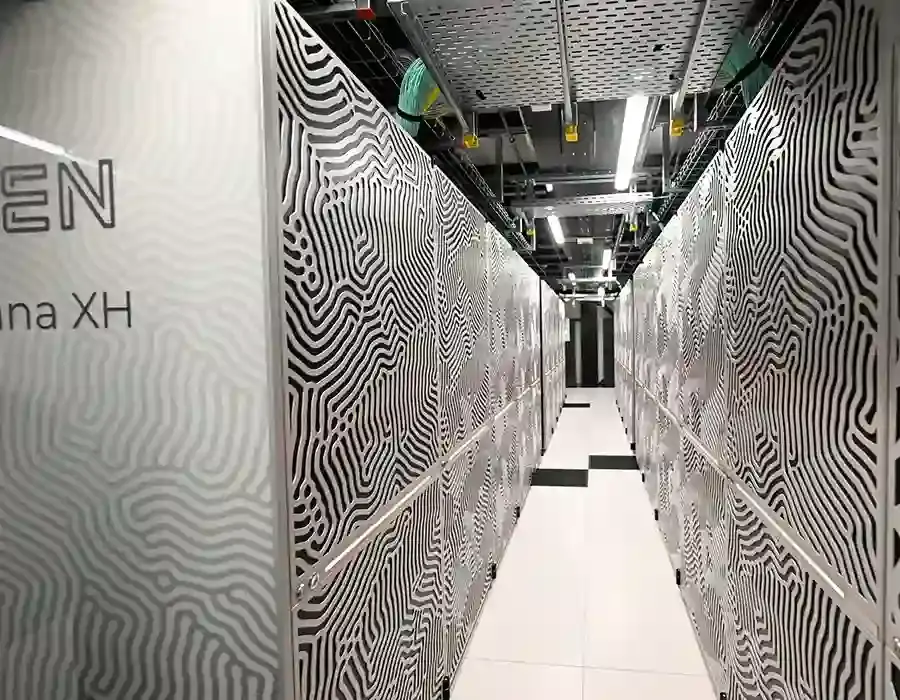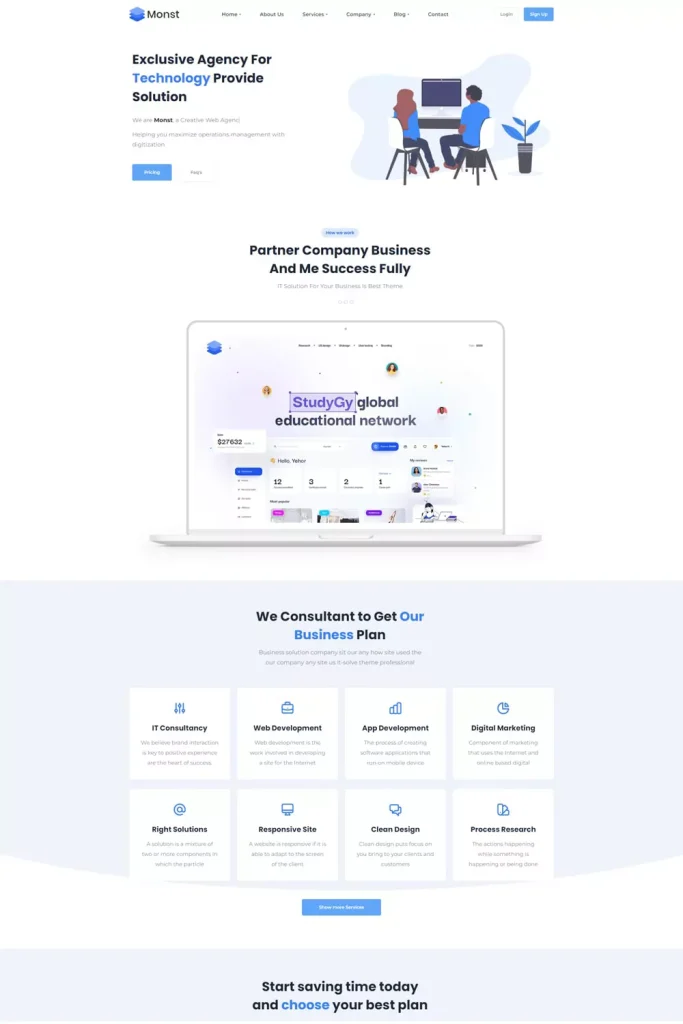AI Arms Race Volume: 6

Author: Brod Justice, Ryan McClure
Published Date: September 8, 2025

Weekly AI Signals — Curated by Builders, for Builders
Every week, we round up the most relevant developments in AI and the business strategies shaping it. Authored by Brod Justice and Ryan McClure, these summaries go past the hype and are built for real businesses.
Volume 6
Key Themes for Volume 6:
- Provider Independence Crisis (Grok bias)
- Free vs. Premium Disruption (Google’s image generator)
- Regulatory Momentum (settlements and safety warnings)
- European AI Sovereignty (Jupiter supercomputer)
- Child Safety Reckoning (OpenAI teen safety issues)
- Monopoly Survival (Google breakup avoidance)
1. Grok’s Political Drift Exposes AI Provider Lock-In Risks
Elon Musk’s Grok is increasingly parroting its creator’s political views, according to analysis by The New York Times and Süddeutsche Zeitung. The chatbot has shifted noticeably rightward over recent months, amplifying Musk’s opinions rather than maintaining neutrality. This drift underscores why AI provider independence isn’t just a technical consideration – it’s a business continuity imperative. Companies relying on single AI providers risk inheriting their biases, political leanings, and operational decisions.
Source | New York Times | Sueddeutsche Zeitung
2. Google’s “Nano Banana” Image Generator Threatens Paid AI Services
Google’s new image generation model (internally dubbed “nano banana”) delivers impressive results at near-zero cost through AI Studio. Early tests show quality rivaling premium services like Midjourney and DALL-E, but without subscription fees. This poses an existential threat to companies built entirely on paid AI image generation. Adobe’s Photoshop and standalone AI art platforms face a classic disruption scenario: free, high-quality alternatives eroding their premium positioning.
Source | Google Image Studio
3. Google Dodges Breakup, But Search Index Battle Continues
US judges declined to break up Google despite monopoly findings, delivering a major victory for the tech giant and disappointment for competitors like OpenAI and Perplexity who hoped to capture AI Search market share. However, the 230-page ruling’s implications for Google’s search index access remain unclear: While Google avoids dismantlement, questions about data sharing and competitive access could still reshape the AI Search landscape.
Source | BBC
4. Anthropic’s $1.5 Billion USD Copyright Settlement Sets AI Precedent
Anthropic agreed to pay authors $1.5 billion dollars to settle claims over training Claude on pirated books from sites like Library Genesis. The deal covers roughly 500,000 books at approximately $3,000 per title, plus interest. Anthropic must also eliminate the pirated datasets entirely. Lawyers call it “likely the largest copyright recovery ever,” establishing a costly precedent for AI companies that trained on unauthorized content. The settlement sends a clear message: pirating training data carries billion-dollar consequences.
Source | The Register | The Columbian
5. State AGs Target OpenAI Over Teen Safety Failures
California and Delaware attorneys general warned OpenAI about “serious concerns” regarding ChatGPT’s safety for children and teens, citing tragic cases including a 16-year-old’s suicide after prolonged chatbot interactions. The warning follows a broader letter from 44 state Attorney Generals criticizing AI companies for chatbots that engage in “sexually suggestive conversations and emotionally manipulative behavior” with minors. OpenAI promises new parental controls and distress detection, but regulators signal they won’t wait for voluntary compliance.
Source | Associate Press
6. Europe’s Jupiter Supercomputer Challenges US-China AI Dominance
Germany inaugurated Jupiter, Europe’s first exascale supercomputer, capable of over one quintillion calculations per second. Powered by 24,000 Nvidia chips and consuming 11 megawatts, Jupiter aims to close Europe’s AI gap with the US and China. The system will support AI training, climate modeling, and drug development research. While still dependent on US hardware, Jupiter represents Europe’s most serious attempt at AI sovereignty and scientific competitiveness.
Source | The Register | Die Ziet
ChatBar AI Website Assistant
New to AI? Take Our Free Course.
ChatBar AI Learning is the fast, practical way for business owners and teams to get up to speed on real-world AI.
Want More Like This? Just Ask.
Tap below and ask ChatBar to recommend more high-signal AI content and use cases—no fluff, no noise.
Ask ChatBar to show similar content
Ready to Try ChatBar AI on Your Site?
Apply now to join our early access program and see how ChatBar can supercharge your site’s content, discovery, and engagement.













